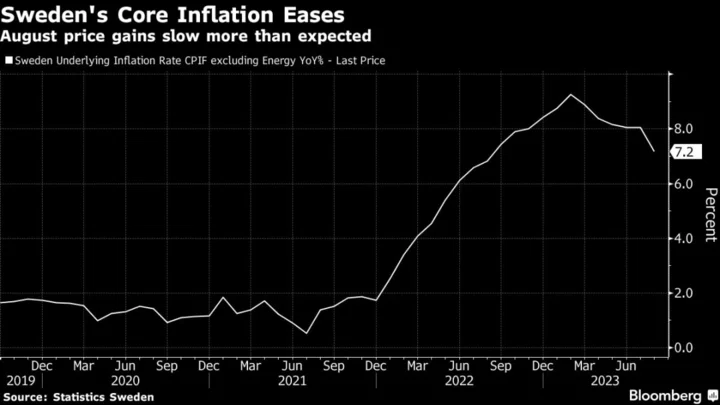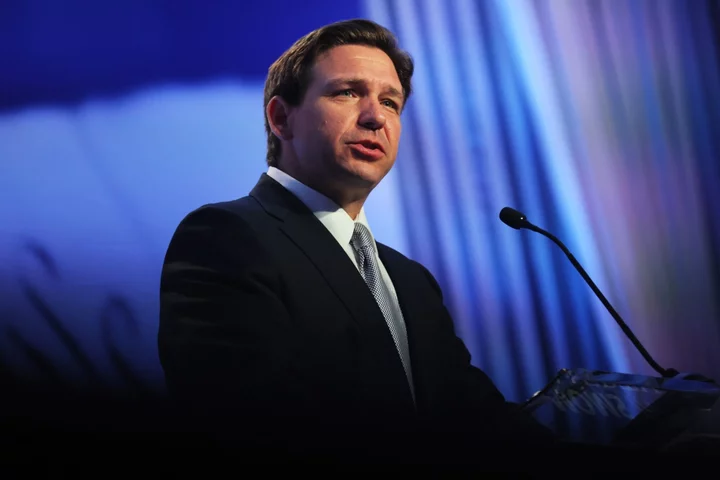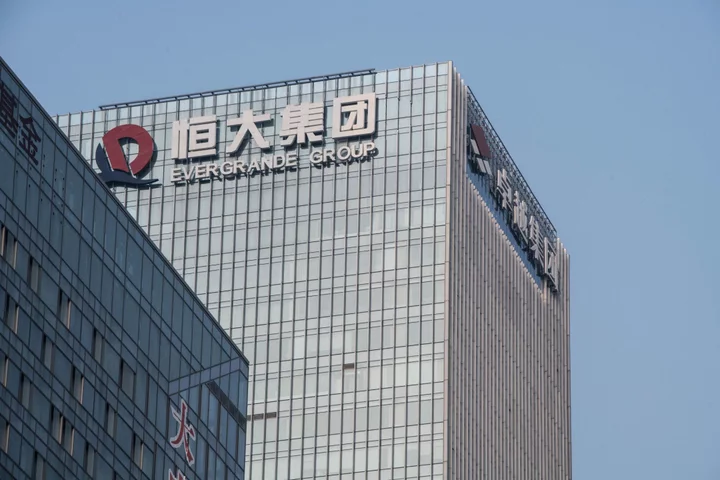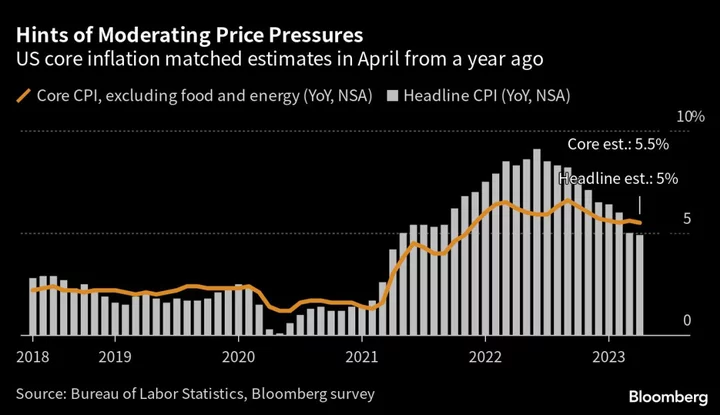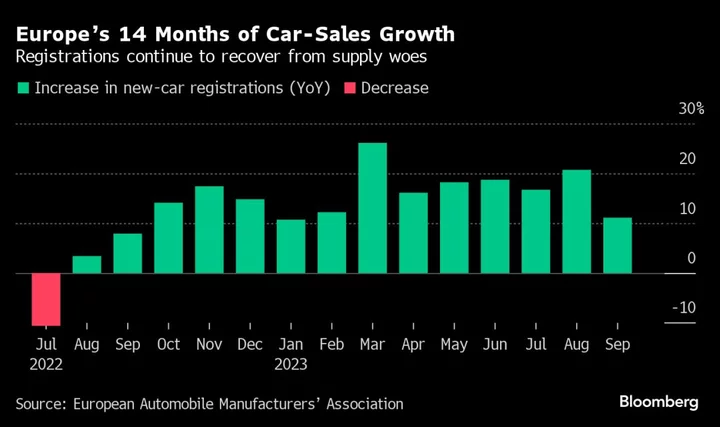Sweden’s core inflation rate declined more than expected in August, providing some relief to the country’s central bank as it prepares to unveil its next move in the battle to rein in price increases.
A release from Statistics Sweden that offers a key data point to the Riksbank ahead of its rate-setting meeting next week showed that prices excluding energy and interest-rate changes rose by 7.2% from a year earlier. That was below than the 7.4% expected by economists in a Bloomberg survey.
“Inflation is moving in the right direction and is declining a bit faster than expected,” Swedbank AB’s chief economist Mattias Persson said in a comment on X, formerly known as Twitter. “It doesn’t change anything ahead of the Riksbank’s next meeting, when they will increase the rate by 25 basis points, but we are moving in the right direction and this lowers the risk of a November hike somewhat.”
The krona was little changed at 11.9428 versus the euro at 9:05 a.m. in Stockholm.
The central bank is widely projected to raise its benchmark rate by a quarter of a percentage point, to 4%, this month as its efforts to curb inflation have been hampered by a weak krona that is making imported goods more expensive. Economists are more divided on what path the bank will choose after that, with some banks expecting the September hike to be the last one, while others, such as Swedbank, are penciling in another increase in November.
What Bloomberg Economics Says...
“We expect the Riksbank to hike its policy rate by 25 basis points to 4% on Sept. 21, even as activity is easing and inflation is slated to recede further this year. We currently see that as the terminal rate for this cycle, but recognize that risks on the rates outlook are tilted to the upside if the currency loses further ground.”
— Selva Bahaz Baziki, economist
Either way, the increased borrowing costs are set to weigh on an economy that is seen shrinking this year, and make financing more costly for the country’s heavily indebted landlords. The latest real estate company to be swept up in the turbulence that has hit the sector is Heimstaden Bostad AB, one of Europe’s largest residential landlords, which may have to raise fresh capital to defend its investment-grade credit rating.
The Riksbank has said its policy moves won’t be constrained by individual landlords’ problems and authorities stress that they see limited risk of contagion effects that could threaten financial stability.
Read More: Sweden Bets It Can Isolate Real Estate Risks to Troubled SBB
In August, the CPIF inflation rate that the Riksbank targets fell to 4.7% from 6.4% in the previous month as electricity was clearly less expensive than a year ago. The central bank expects CPIF to slow throughout this year and to stabilize near its 2% target by mid-2024.
“Food prices and electricity prices fell in August,” Caroline Neander, statistician at Statistics Sweden, said in a statement. “Prices for package holidays also decreased, which is normal for the season.”
--With assistance from Joel Rinneby and Selva Bahar Baziki (Economist).
(Updates with analyst comments from third paragraph.)

